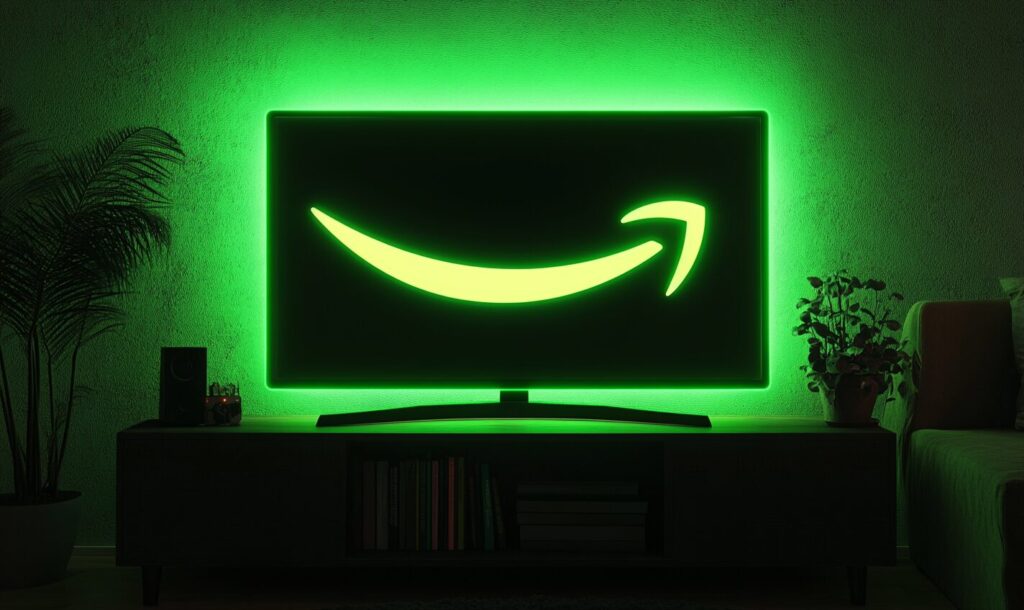You may take privacy-centered precautions by never accepting confidential phone calls or accessing your online banking platform in public. Those are good things to do because you can never know who’s around and if they want your information.
However, using the internet is not typically an activity that upholds your privacy. Many well-known search engines, including Google, track where you go online and use that information for more-accurate content targeting. That reality has made people curious about the best private search engines.
DuckDuckGo
The DuckDuckGo team believes in privacy by design. It gives you much of the same information Google does by helping you plan trips, convert currencies, set a timer or check the weather. However, the search engine is one of the best private search engines because it does not save or share personal information that connects you to the things you look for online.
The DuckDuckGo website also has an easy-to-understand privacy policy. That’s important, particularly with so many people becoming more concerned about what information websites and search engines have about them and why.
Startpage
The people behind Startpage seem to realize that many people who want to try the best private search engines will feel more comfortable doing so if they can read straightforward content about what to expect. That’s why the site provides a five-step process explaining what makes Startpage different.
For example, Startpage never saves your search queries in its internal logs or databases. It also removes your IP address and forbids ad retargeting. There’s also an Anonymous View feature that goes beyond what private browsing modes typically do. Those usually still record your browsing activity in a system somewhere but not on a particular device. However, Anonymous View shields your identity as you browse various websites.
Swisscows
Consider this option one of the best private search engines if you’re concerned about youngsters in your household unwittingly coming across inappropriate content. More specifically, this search engine does not index or display pornographic or sexual search content.
The company made a search index backed by years of expertise. It does not store your search data or create a history.
However, something to keep in mind is that Swisscows earns money through an exclusive Bing partnership. Bing displays ads to you based on your search history. Then, Swisscows gets a percentage of the associated advertising revenue if you click on an ad. That means it does not have such a clear separation from large companies as some of the other private search engines discussed so far.
Qwant
Qwant bills itself as “the search engine that doesn’t know anything about you.” It lives up to that descriptor by not tracking your searches for any reason, including selling your data or using it for customized advertising.
Clicking in the top right corner of the Qwant search screen also takes you to its other offerings, which currently extend to a search engine for kids and a maps tool. However, a quick test of the latter feature showed it as very France-centric. That makes sense since Qwant is a French-made product. It could take a while before the results become more diverse.
What If You Still Want to Use Google?
Google held an 83% market share among global search engines in 2022. Bing had the second-place spot with 9% of the market. Google and its products are everywhere online. The company also makes it extremely easy to use its various services efficiently. For example, some time-based information you receive in a Gmail message can automatically show up in Google Calendar, making you less likely to forget it.
It’s totally understandable if you’re not ready to stop using Google. Even once people find the best private search engines, many still rely on Google for some things, and they may never give it up. Fortunately, you can adjust and disable settings to give Google less information about your online activities. That’s worth doing, no matter how often you use Google.
Tweaking settings for privacy-focused browsing may affect how well Google products work, though. For example, turning off your phone’s location settings interferes with apps like Maps that need to know where you are to provide guidance. Try to strike a balance between providing the necessary information to apps you use often and not giving it up for no reason. That’s a good practice for general internet usage.
Give Yourself Time to Try the Best Private Search Engines
How you browse the internet can become highly personal, especially if you rely on certain features for better productivity or customization. Allow yourself an adjustment period while working with the private search engines mentioned here or elsewhere. Most changes take time, but the results are often worthwhile.
Recent Stories
Follow Us On
Get the latest tech stories and news in seconds!
Sign up for our newsletter below to receive updates about technology trends




